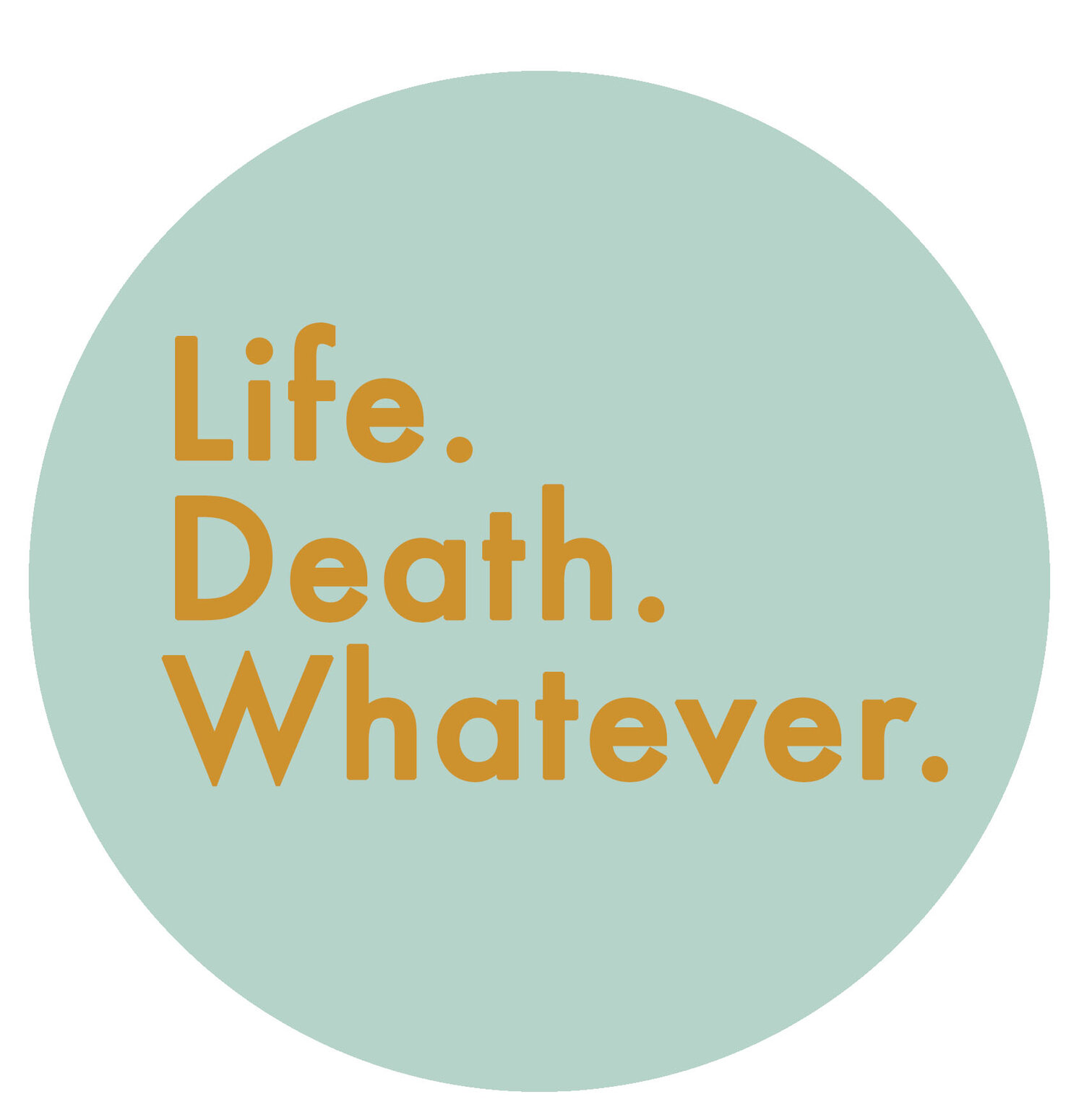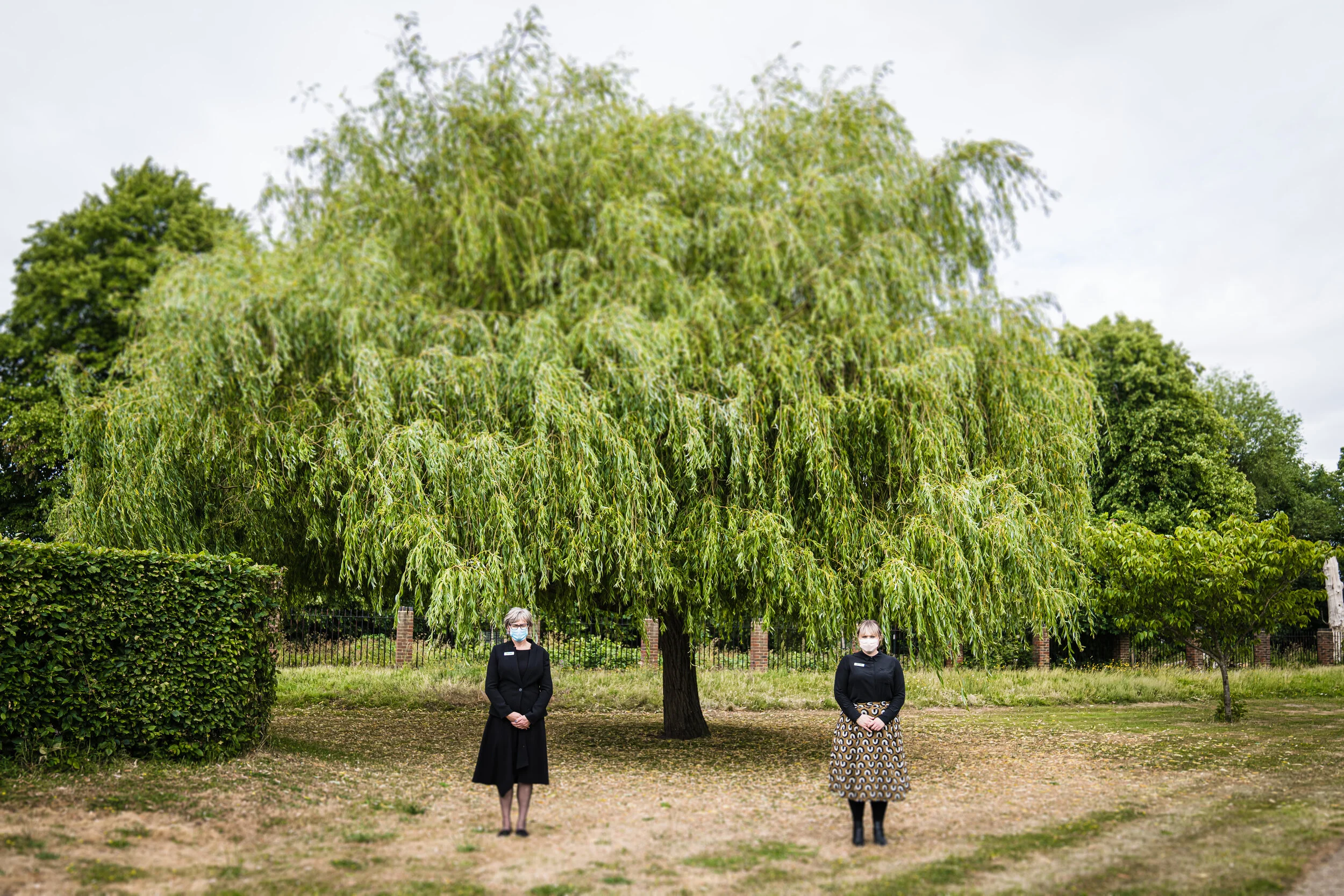What you need to know when arranging a funeral during COVID-19
If you’re looking for support and guidance because someone you know is dying or has died, please accept our condolences. This page has been put together to guide you through arranging a funeral during the COVID-19 outbreak and to give you an idea of the things you need to consider.
Arranging a funeral is difficult at the best of times, but right now, the world is facing unprecedented challenges. You may not be able to have the funeral you’d have wanted or imagined, but there are things you can put in place to ensure that you can honour the life of the person who has died.
Make sure you choose the right funeral director for you
All funeral directors are different, so it’s important to choose someone who feels right for you, especially right now. The funeral director you choose will be guiding you through some very difficult decisions. All funeral directors have different approaches, so if you feel you can, call around and speak to a few. You need to choose someone who you feel will treat you with kindness and compassion.
Funeral directors are taking COVID-19 seriously and have put in place procedures to protect everyone.
Arranging the funeral
Funeral directors will probably ask you to make the arrangements by phone, email or another form of communication like FaceTime. Some may say that you can visit their offices but we would recommend staying at home and making the arrangements via phone or email, regardless of whether you are self-isolating.
Paperwork can, in most cases, be completed electronically. Your funeral director will be able to guide you through this process.
Taking care of the person who has died
If the person who has died had coronavirus/COVID-19, funeral directors will still be able to help.
If the person who has died is being collected from a home, a nursing home or a hospice, please don’t be alarmed if the collection team arrives in full PPE (personal protective equipment). Because of the risk of community spread, funeral directors are taking extra precautions even when taking care of people who have died who don’t have COVID-19. This is to protect you as much as it is to protect them.
Some funeral directors are now restricting ‘viewings’. This means you may not be able to see the person who has died before the funeral. If this is important to you, talk to your funeral director about what’s possible.
The funeral itself
The government has restricted the number of people who can attend a funeral to a maximum of 30. Some cemeteries and crematoria are allowing less than 30 people to attend due to the size of their venues.
Crematoria and cemeteries are working hard to offer services to everyone so there may be a limited choice of service times available.
It may be devastating to restrict the number of people who can attend the funeral, or to be faced with not attending the funeral at all, especially if you couldn’t be there when the person died. Please remember that these measures are being put in place to protect the entire community rather than to punish you. Small intimate gatherings are extremely high risk. We all need to work together to stop the spread of the virus, even when what that involves feels impossible.
Live-streaming/webcast facilities are now available at many of the crematoria and cemeteries. Even if you can’t attend, you’ll be able to watch from home. You could also ask a professional videographer to livestream or record the funeral for you.
Some cemeteries and crematoria are now asking that no one goes up to the coffin or touches it during the service.
Consider working with a funeral celebrant or religious leader virtually
Funeral celebrants will facilitate the funeral that you’d like to have based on your beliefs, not theirs. The funerals they put together are created especially for you. Some will include elements of religion such as prayers and hymns, if that's what you want. A flexible celebrant will be able to spend time talking at length about the person who has died. Even if you can’t have a full funeral ceremony, talking about them may be a big help.
There are many different kinds of celebrants with different styles and approaches. It’s important that you feel that the celebrant is the right person for you. Have a chat with a few celebrants to see if they're the right choice for you before appointing them as your celebrant.
The following resources can help you to find the right celebrant for you:
Find support
Grief can be messy, complicated and painful. Contrary to popular belief, it doesn’t come in neatly defined stages. The idea of ‘getting over it’ isn’t unhelpful. There’s no one-size-fits-all prescription.
Useful resources:
Read the many Five Things about grief on our website. Reading other people’s experiences can really help. You may even be inspired to write you own.
Julia Samuel’s book Grief Works is a refreshingly helpful and modern approach to grief. She has many helpful suggestions as to how to build pillars of strength that enable people experiencing loss to rebuild their lives, in their own time.
The Good Grief Trust exists to help those who are grieving in the UK. The charity aims to be there for anyone who has been bereaved by acknowledging grief and providing reassurance, a virtual hand of friendship and ongoing support. If you’re struggling and need support and guidance, you can find specialist help by looking at the directory on their helpful website.
Megan Devine’s Refuge in Grief is a helpful resource. It’s been described as ‘grief support that doesn’t suck’.


